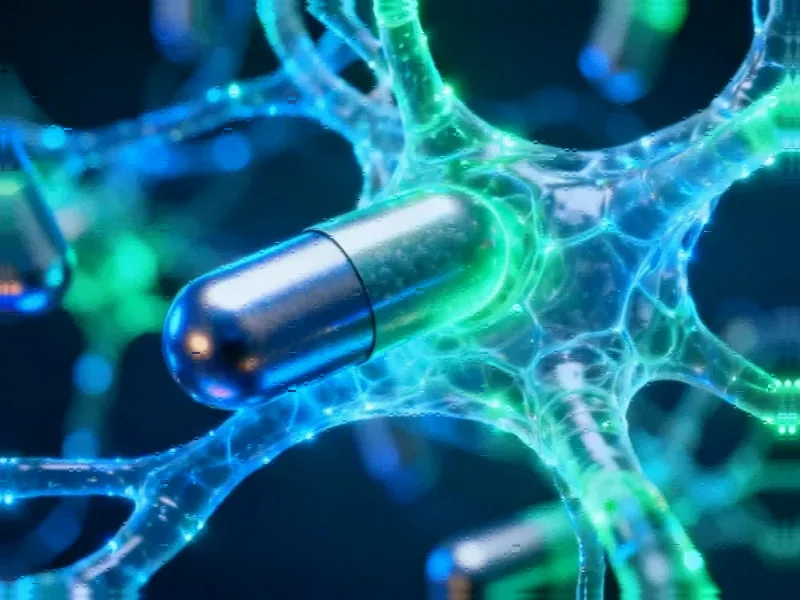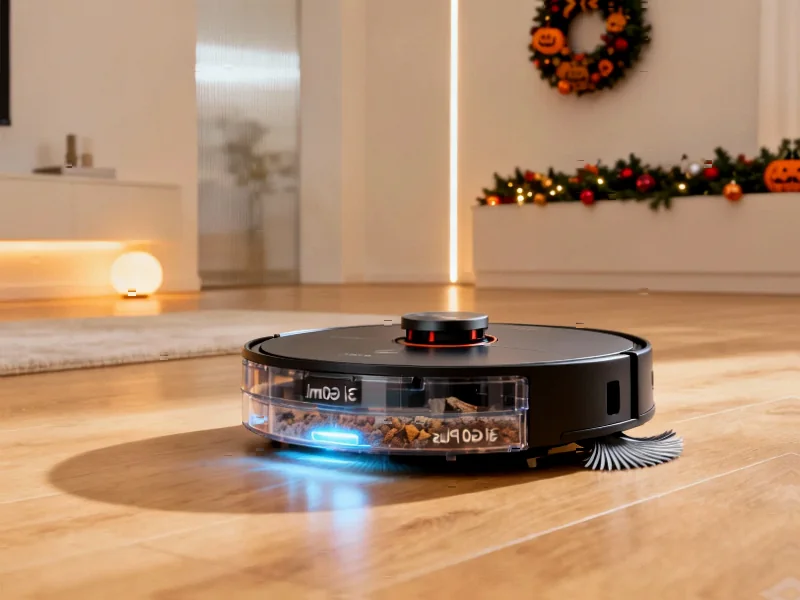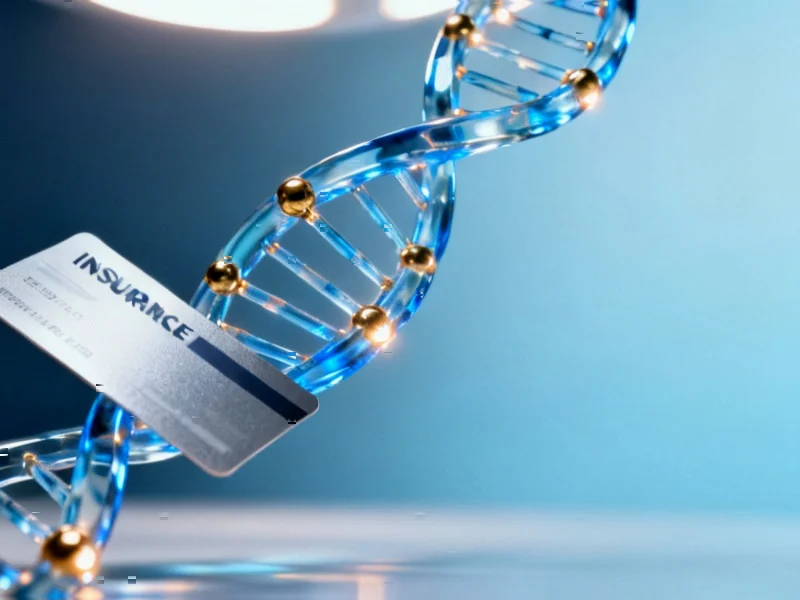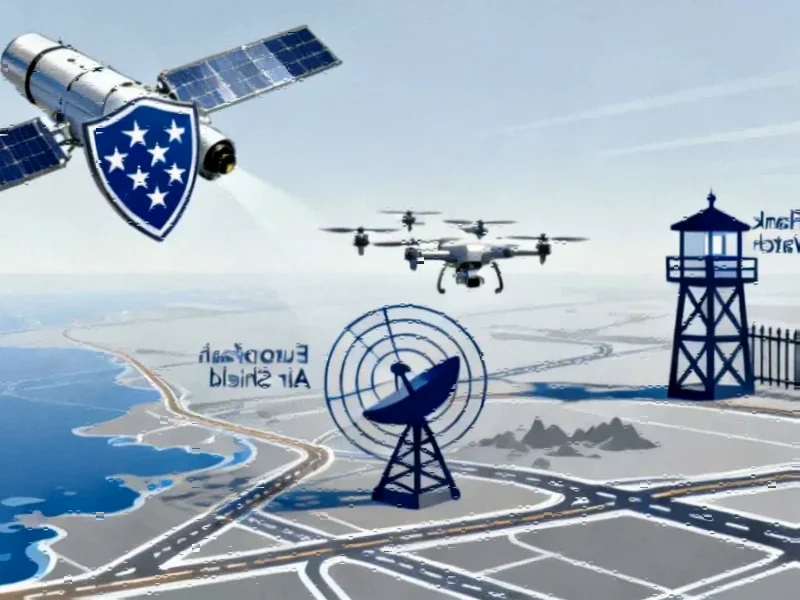Breakthrough AI Framework Enhances Prosthetic Hand Control Through Muscle Signal Optimization
A new machine learning framework using L-SHADE optimization has demonstrated significant improvements in surface electromyography-based hand gesture recognition. The system reportedly achieves 87.89% accuracy while reducing processing time to just 3.16 milliseconds, potentially revolutionizing prosthetic control technology.
Revolutionary Optimization Technique Transforms Prosthetic Control Systems
Researchers have developed an advanced machine learning framework that significantly improves hand gesture recognition from muscle signals, according to recent reports published in Scientific Reports. The system, which combines Linear Population Size Reduction Success-History Adaptation Differential Evolution (L-SHADE) with Extra Tree classifiers, has demonstrated substantial improvements in both accuracy and processing speed for surface electromyography (sEMG) based gesture recognition.









